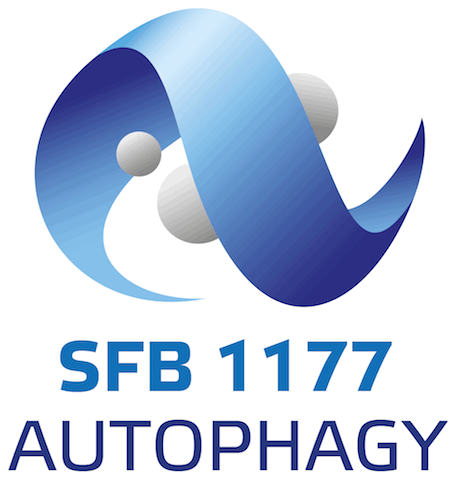Münch group describes potential COVID-19 therapies
- Kerstin Koch
- 13. Mai 2020
- 1 Min. Lesezeit
Despite COVID-19 quickly developing to a world-wide pandemic, treatment options remain limited. The mechanisms by which SARS-CoV-2 enters cells, how the cell responds to infection, and which therapeutic approaches could stop viral replication remain unclear. In a manuscript published today in the renowned journal Nature, IBC2 group leader Christian Münch, together with Jindrich Cinatl (Institute of Medical Virology, University Hospital Frankfurt), provide with answers to these questions. Using SARS-CoV-2 isolated from COVID-19 patients in Frankfurt, they established a cellular model to study coronavirus infection. Using a recently developed novel translation proteomics method (https://doi.org/10.1016/j.molcel.2019.11.010), they analysed how viral infection changes cellular protein synthesis and abundance. This revealed several cellular pathways strongly modulated upon SARS-CoV-2 infection. Strikingly, using drugs targeting these pathways – some of which are approved for use in other diseases – prevented SARS-CoV-2 replication in cells. This reveals potential new therapeutic strategies for specific COVID-19 treatments and have been picked up for ongoing (ribavirin) and planned (2-deoxy-glucose) clinical trials.
Links:



